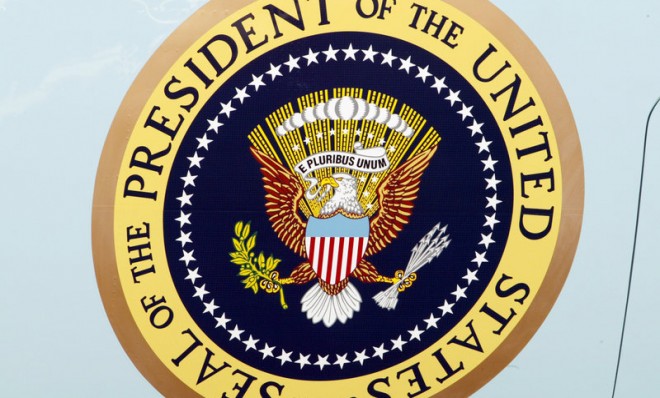Today in history: Congress approved the title "President"

A free daily email with the biggest news stories of the day – and the best features from TheWeek.com
You are now subscribed
Your newsletter sign-up was successful

May 14, 1789: Congress officially approved the title of "president" for the leader of the federal government's executive branch. You may be wondering why America, which was born on July 4, 1776, didn't have a president for more than a dozen years — after all, George Washington, our first president, didn't take office until April 30, 1789. So how was the country run — and by whom — during that time?
For years, we didn't have a president because the founding fathers — which included men like Thomas Jefferson, James Madison, and George Washington — doubted that America needed one. The American Revolution was sparked by resentment of a powerful central figure — England's King George III — so it was decided that the new nation wouldn't have one. Any single person with too much individual power, they feared, would become like George: A tyrant.
Sounds good, but just one problem: It didn't work. There was no clear leader to establish priorities, set the tone or unify the fractious nation.
The Week
Escape your echo chamber. Get the facts behind the news, plus analysis from multiple perspectives.

Sign up for The Week's Free Newsletters
From our morning news briefing to a weekly Good News Newsletter, get the best of The Week delivered directly to your inbox.
From our morning news briefing to a weekly Good News Newsletter, get the best of The Week delivered directly to your inbox.
And the Articles of Confederation — America's first Constitution — turned out to be weak. Congress could do some things, but in general, was feeble. Squabbling lawmakers couldn't collect taxes, finance an Army or Navy, or tackle large national issues.
By the mid-1780s, the founding fathers had had enough. The nation was being torn apart by regional and partisan division; it was decided that the Articles of Confederation had to be replaced. A new Constitution was drawn up — providing for, among other things, a president of the United States.
May 14, 1804: On President Jefferson's instructions, Lewis and Clark began their expedition to explore from the Louisiana Purchase to the Pacific Coast.
May 14, 1948: President Truman recognized Israel; the U.S. was the first nation to do so (de facto recognition).
A free daily email with the biggest news stories of the day – and the best features from TheWeek.com
May 14, 1999: President Clinton apologized to China's President for the accidental NATO bombing of the Chinese embassy in Belgrade, Yugoslavia. Clinton told Jiang Zemin that the bombing — which killed three people and injured 20 — was a terrible mistake. China claimed it was a deliberate act.
Quote of the day
"If you look for the bad in people expecting to find it, you surely will." - Abraham Lincoln
More from West Wing Reports...
-
 How the FCC’s ‘equal time’ rule works
How the FCC’s ‘equal time’ rule worksIn the Spotlight The law is at the heart of the Colbert-CBS conflict
-
 What is the endgame in the DHS shutdown?
What is the endgame in the DHS shutdown?Today’s Big Question Democrats want to rein in ICE’s immigration crackdown
-
 ‘Poor time management isn’t just an inconvenience’
‘Poor time management isn’t just an inconvenience’Instant Opinion Opinion, comment and editorials of the day